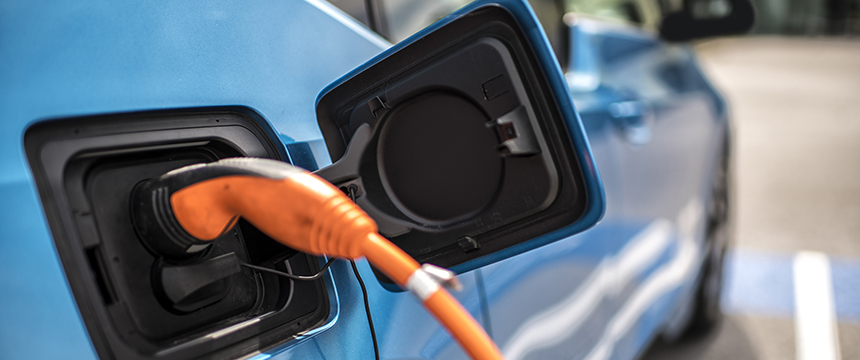
Europe hit a milestone in July—and no, it was not related to COVID-19 statistics. Electric vehicle (EV) car sales in Europe hit 500k in the first half of the year, outpacing China’s EV sales for the first time since 2015. Analysts say the EV sales are driving Europe’s automotive recovery. China sold 486k in the same time period, and Chinese EV manufacturer Nio reported triple second quarter sales in Q2 2020 versus Q2 2019.
Much of western Europe’s growth was spurred by steep subsidies provided by European governments in an effort to make the EU carbon neutral by 2050. Germany provides a 9,480 euro subsidy for EVs. Germany saw an astonishing growth from 47k to over 93k in the first half of 2019 versus the first half of 2020. France provides an even stronger subsidy–12,000 euro for EVs—and likewise saw significant growth. The surge in sales is also critical for EU’s automakers to hit their carbon dioxide emissions targets. If automakers fails to meet the targets, they could be subject to steep fines.
Other areas have taken note. In New Jersey, over 1,800 applications have been received for an EV rebate topping out at $5,000, and more than 1,000 of those approved in just two months. There is a sales tax exemption as well, spurring growth in the segment amid a down year. Elsewhere in the world, EV sales are growing, even without subsidies. Even without the subsidies or policies in Australia, the sales of EVs tripled in 2019, according to the Electric Vehicle Council’s annual report.
What is behind this surge? There are many theories about changes in consumer buying patterns. EV sales have been increasing for a number of years. Greater focus on environmental issues influences a segment of the car buying population, leading to more EV sales. Emissions regulations and laws around the world also play a factor. One of the biggest market drivers remains government subsidies. When subsidies are in place—as seen in Europe and China—sales have seen a rapid increase. This has some analysts worried about the EV market in Europe once subsidies run out. However, the emissions regulations will remain, ensuring that automakers continue to develop and push sales of EVs in those market. Regardless, the market for EVs will only continue to grow—despite a global pandemic.
